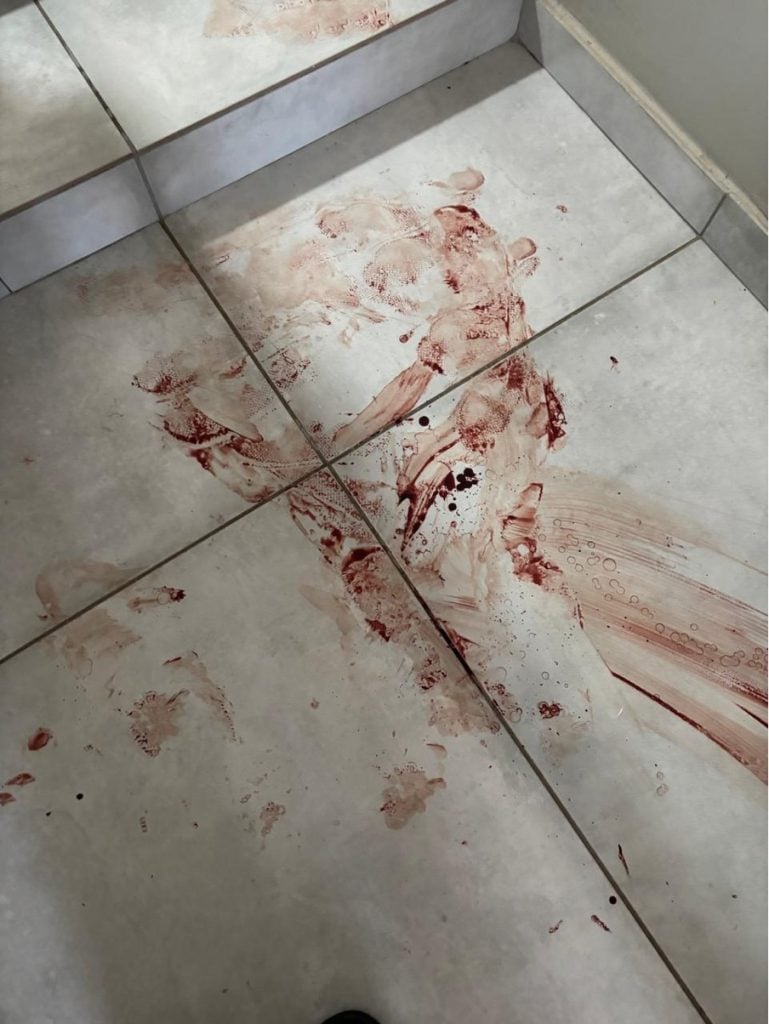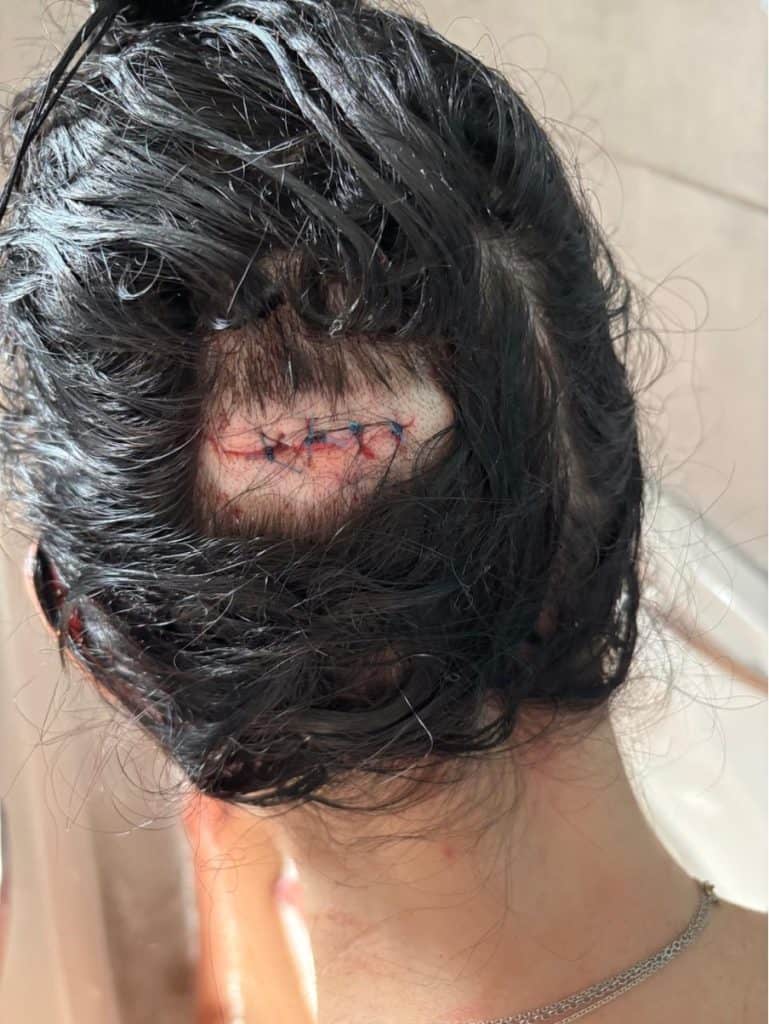Bloody and battered after “spiked” drink – but SAPS fail to open rape case until Private Prosecution Unit intervention
The government’s lip service to addressing gender-based violence (GBV) has been exposed by the police’s three-month delay to open a rape case for a woman who woke up in hospital, bloodied and bruised, and whose last memory was being given a glass of wine to drink. AfriForum’s Private Prosecution Unit now represents the single mother who believes she was drugged and raped, and whose case was treated as a mere inquiry by the specialised unit tasked with investigating sexual violence.
Despite being reported in April, the police have not taken statements from her or potential witnesses. The criminal case was only registered on 22 July 2025, after the Private Prosecution Unit has escalated the case to the provincial head of the police’s Family Violence, Child Protection, and Sexual Offences (FCS) unit the day earlier, because the commander of the Moot police station’s FCS failed to respond to requests to register and investigate a case docket.
“Our assumption is that the SAPS, having been informed that the victim has no recollection of the rape and that she woke up in a hospital with a body full of bruises and clothes full of blood, lacks the skill or drive to further investigate the matter,” says Adv. Gerrie Nel, head of the unit, in the letter to the FCS provincial head. “During a time when society has lost trust and confidence in the SAPS, it appears that the specialist investigators are unaware of the fact that it is trite law that a complainant cannot consent to intercourse if she is intoxicated or not sober.”
Although the police have failed to obtain a statement from the victim, she has told the unit that on the evening of 20 April 2025 her neighbour and his fiancé invited her to their flat for a drink. She had intended having only one glass of wine, but was offered a refill by the man. “At some point during the evening I tasted something incredibly bitter in my mouth. I can still remember the taste, but I have no idea what I ate or tasted. I took a few sips of the wine and from there everything was completely gone. I can’t remember anything. I woke up at Tshwane District Hospital,” she says.
When relatives could not reach the victim on the morning of 21 April 2025, they entered her flat to find blood spatter on the floor and walls, but she was nowhere to be found. The male neighbour’s gown was found in her bedroom and her clothes were later found at the neighbour’s house. She has no recollection of the events of the night. The case was reported to the police that evening, when she went to a private hospital to be examined and have samples collected for a rape kit.
The doctors took the initiative to report the matter to the SAPS, and the result of the rape kit has not been shared with the victim. According to the victim’s father, the detective assigned to conduct the enquiry made a dismissive remark about his daughter’s lack of memory of what happened the night before.
At the Budget Vote speech on 16 July 2025, President Cyril Ramaphosa described, as he regularly does when claiming that GBV is taken seriously, that GBV is “a pandemic that shames the men of our nation. While we can point to progress in responding to instances of gender-based violence – from clearing the historical DNA backlog to increasing conviction rates and improving victim services in police stations – our greatest challenge is to prevent such instances in the first place.”
Barry Bateman, spokesperson for the unit, says Ramaphosa’s statements demonstrate how out of touch the government is with the reality that women face daily at police stations and in courtrooms. “What President Cyril Ramaphosa tells parliament about the fight against gender-based violence rings hollow and meaningless when even those police officers tasked with investigating sexual violence treat complainants with contempt and disbelief.
“A woman went to someone’s house where she consumed alcohol. The next thing she remembers is waking up in hospital covered in blood, cuts, scratches and bruises and signs that she had been raped. The incident was reported to police that very same day, but it took three months for the police to register a case docket, and only after the Private Prosecution Unit escalated the matter to the FCS unit’s provincial office. It is unconscionable that a sexual violence detective with dedication and professionalism would allow this to happen. We are left with the regrettable conclusion that the purported experts either lack the skills needed to investigate such crimes or are callously apathetic to the plight of rape victims.
“The docket was registered within 24 hours of the Private Prosecution Unit escalating the case, but three months’ worth of investigation opportunities were lost. In our letter, we identified several obvious witness statements and other evidence that still needs to be gathered. While we welcome this development, we hope it will put an end to the police’s contemptuous treatment of a rape victim,” said Bateman.
In South African law, consent is excluded when a person “is incapable in law of appreciating the nature of the sexual act, including where (the complainant) is, at the time of the commission of such sexual act… unconscious (or) in an altered state of consciousness, including under the influence of any medicine, drug, alcohol, or other substance, to the extent that (the complainant’s) consciousness or judgement is adversely affected.”
AfriForum’s Private Prosecution Unit believes that the authorities demonstrate a complete failure to understand this definition, which results in numerous rape victims being turned away by the police because they have no recollection of the sexual act, or they are discouraged from reporting such cases due to the contempt with which they are treated when they attempt to report such cases. The unit encourages victims to come forward.













